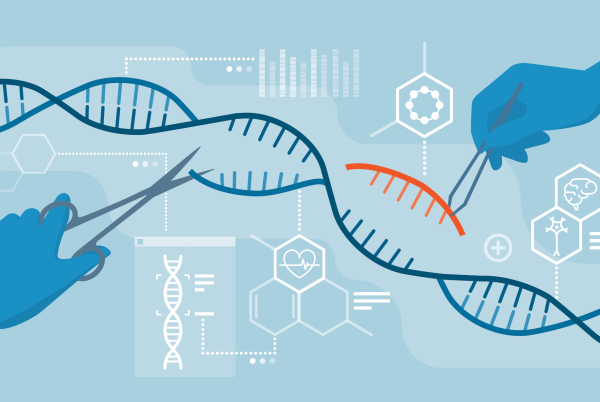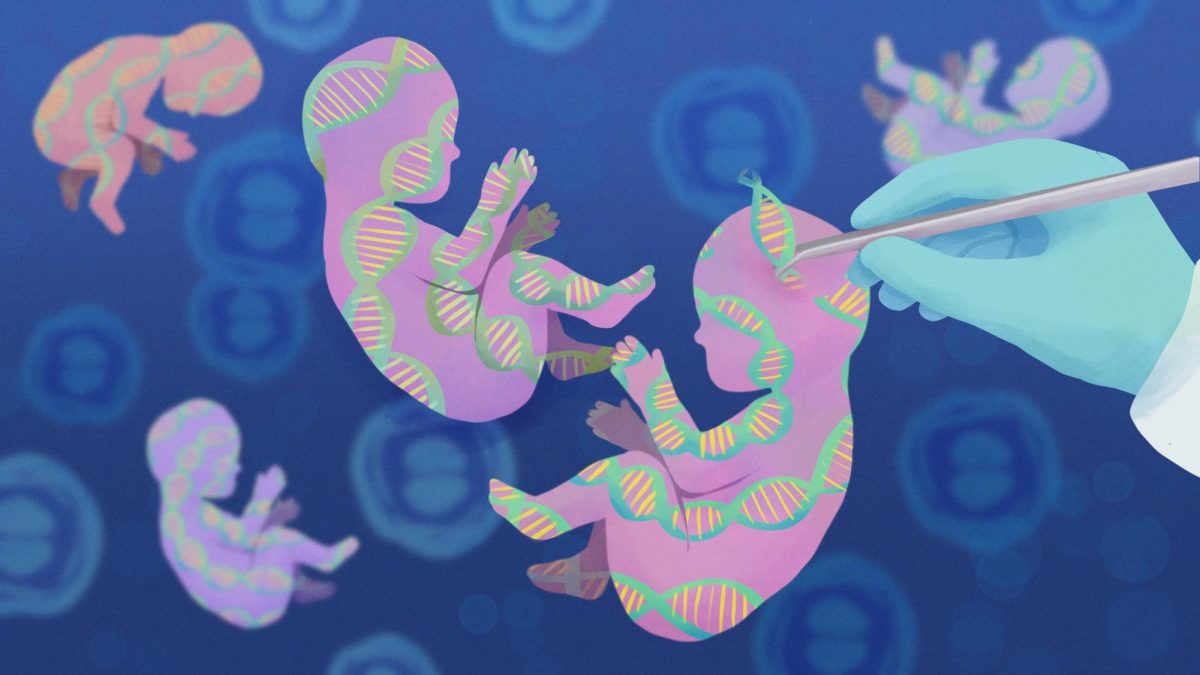Genetic Modification and its Ethical Complications
The future possibilities of genetic modification have been a long-debated topic. Since the development of genome editing tools like CRISPR, medicine has stepped into a new age, never yet to turn back.

Despite its potential to correct disease-causing genetic mutations, such as cancer, the ability to relieve much suffering of humankind has the capability to do more damage than good. With so much vast potential, genetic technology becomes incredibly difficult to control. Some individuals may desire to use this science for elective reasons, such as aesthetics and athletic performance. Other, more ethically questionable applications include modifying embryos to enhance specific traits.

In addition to the risk of eradicating human characteristics, some unintended consequences of genome editing, such as off-target effects and mosaicism, could occur. Mosaicism refers to (what should be) the same cells with different genetic makeups. This becomes a hazard when it comes to medical diagnoses, as mosaicism can affect the credibility of genetic tests. The test reflects the condition of the specific cells tested. If a disorder is not present in the cells tested, the disease can go unidentified and untreated.
As new uses for genome editing are discovered and as this technology is still in its infancy, it is crucial to strike a balance between scientific progress and ethical considerations to ensure equitable, responsible use of genome editing for the benefit and well-being of individuals and society as a whole.



